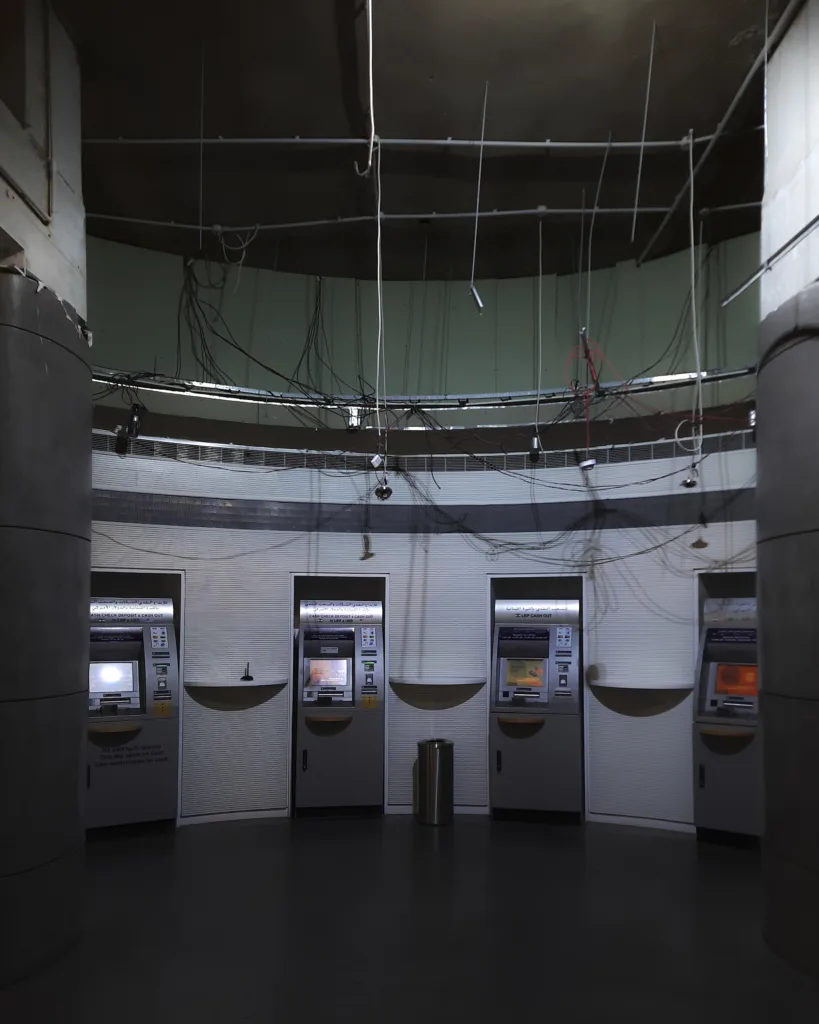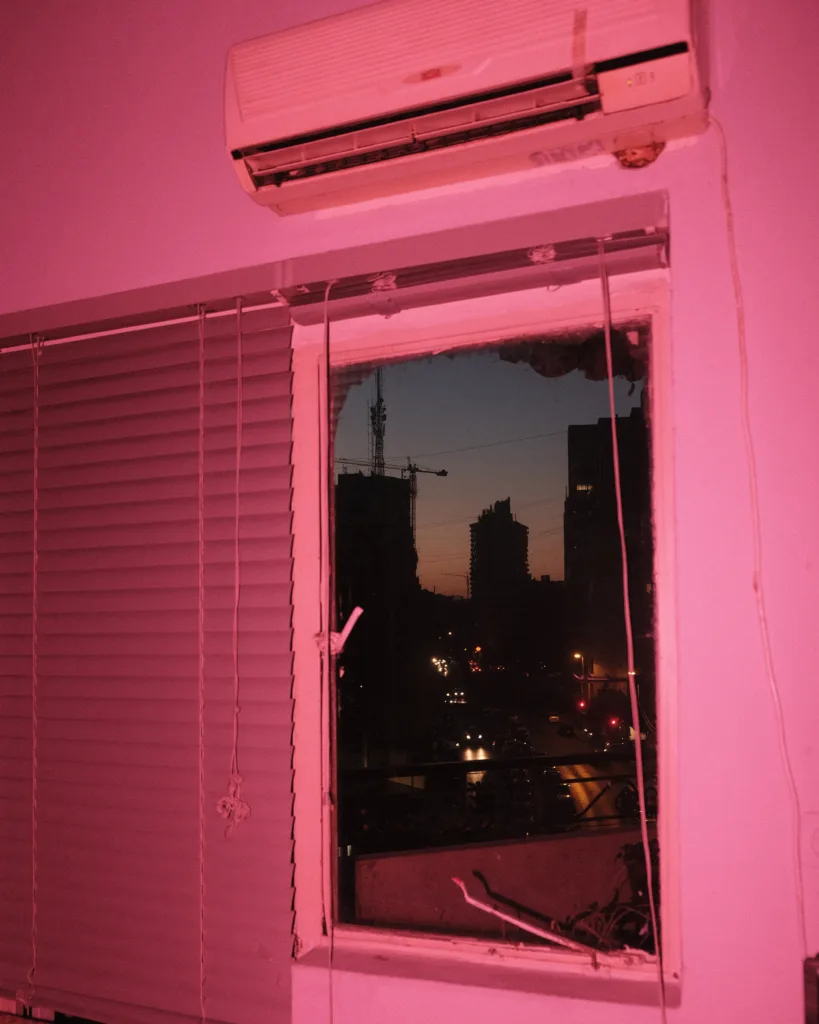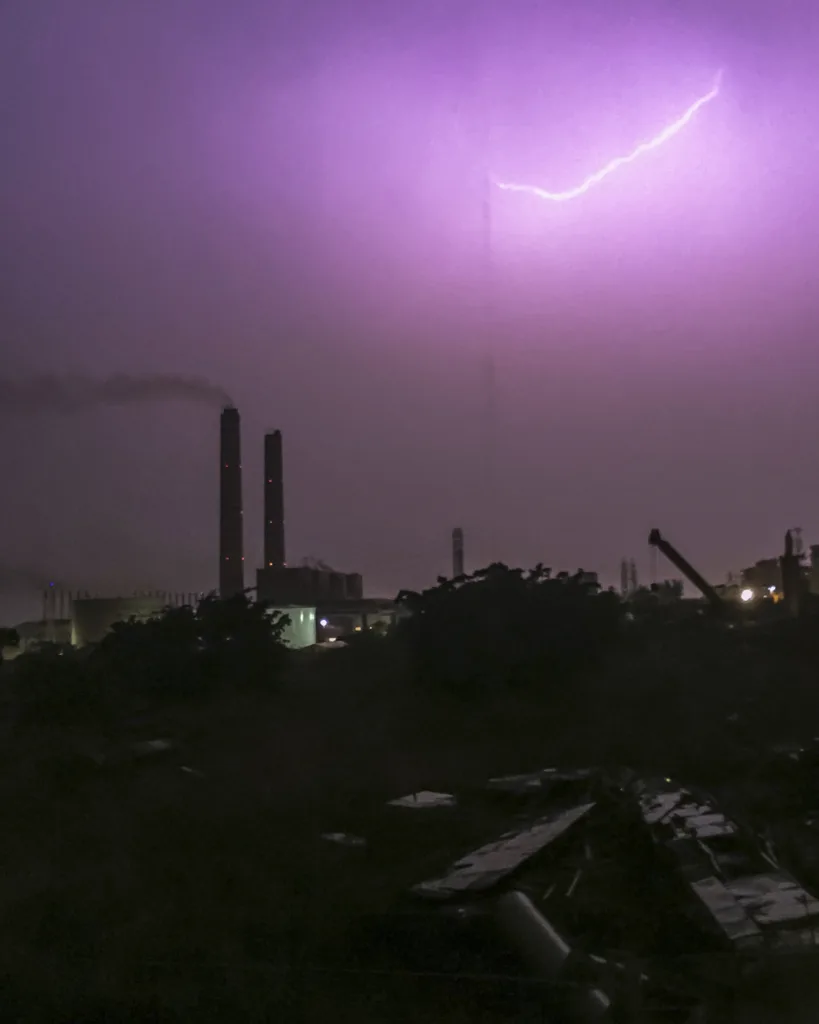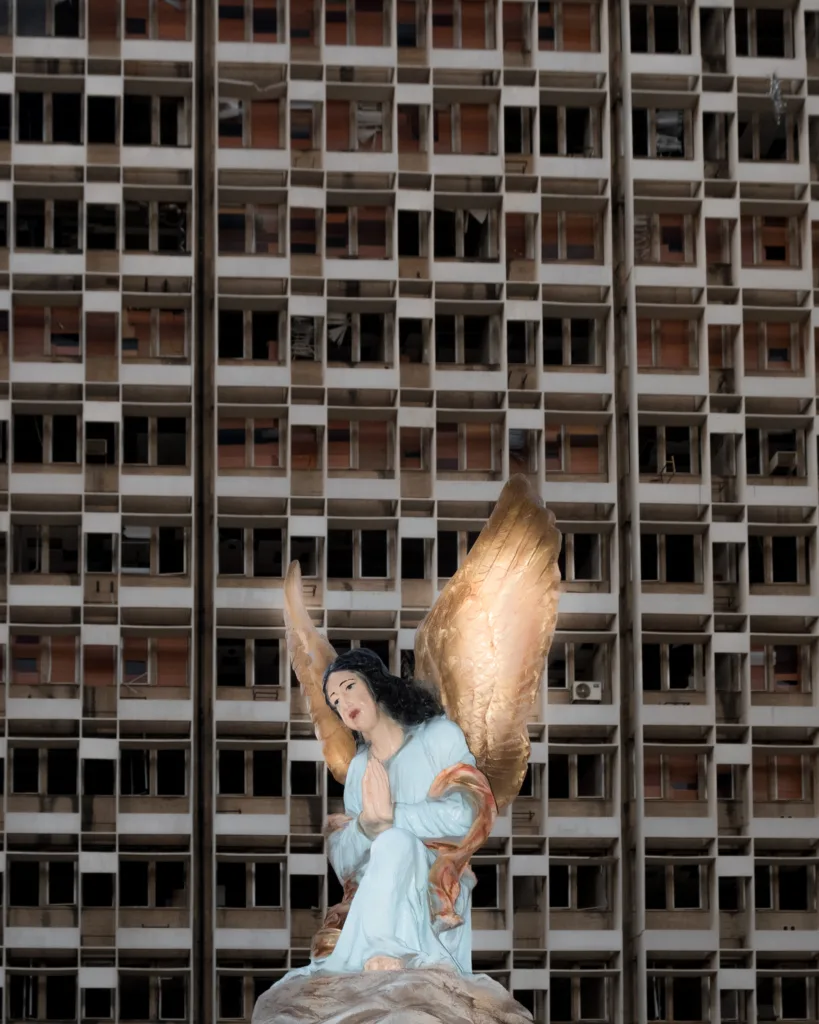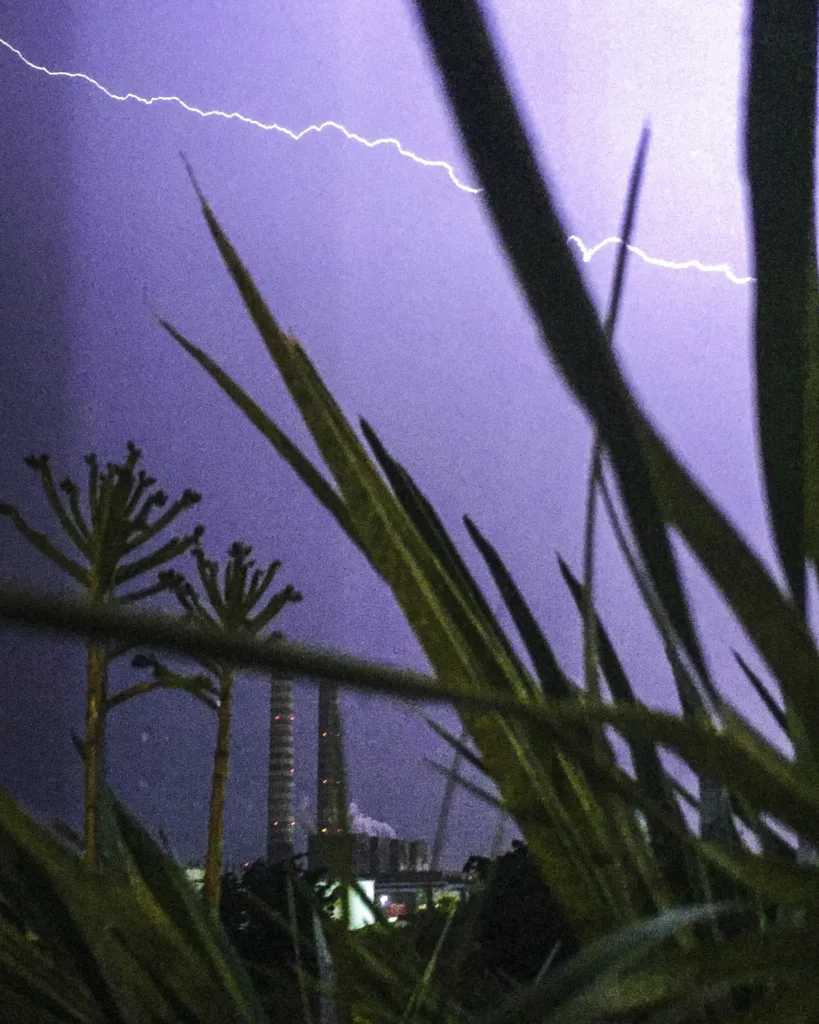 Posted in
Art & Photography, beirut
Posted in
Art & Photography, beirut
Charbel Al Khoury’s final send-off to Lebanon
Text Zein Karam
Charbel Al Khoury is a Beirut-born, Brussels-based photographer and cultural practitioner whose work explores the complex and layered narratives of urban spaces, particularly those of Beirut. In cities burdened by history, Charbel captures them in all their aged, weathered beauty. His photographs invite interpretation, allowing viewers to experience a physical space in their own way, focusing on the atmosphere of a place rather than merely documenting them.
His book Not Here Not There presents a series of images taken in Beirut, Byblos, and Zouk Mosbeh, Lebanon, between 2019 and 2022. In this collection, created as Charbel bids farewell to his homeland, each photo exudes a haunting stillness. The silence is palpable, and the tension feels almost tangible. Over the past five years, the Lebanese expat experience has been marked by upheaval, with the country enduring crisis after crisis. As a result, Charbel’s photographs resonate deeply with Lebanese, and many MENA, audiences, evoking a sense of unsettling familiarity.
“Putting together Not Here Not There was an emotional process”, explains Charbel, “I revisited hundreds of photos, some comforting, others difficult”. The selection of images is all-encompassing of Charbel’s upbringing. The places that shaped his memories that he takes with him to Brussels. “Romaisa Baddar from Middle East Archive and I worked closely to select images and texts that capture the feeling of being suspended between absence, longing, and memory.”
Charbel explains that he applied as an asylum seeker to Brussels, meaning he can’t return to Lebanon for 6 years. “That reality was heavy, and this book became my way of honouring what I left behind: the streets, the city, and the life that shaped me.” But this experience is familiar to a lot of Lebanese people after the past 5 years. “Most of my friends had already left Lebanon between 2019 and 2021, scattered by collapse, explosion, pandemic, and now war. This book is for them, too, and for others living through similar displacements.”
Leaving is never easy. For many, the country is a victim of the corruption that has plagued it for decades. Yet, leaving has become necessary for survival. “I hope this book offers space for reflection on what it means to leave, to remember, and to carry pieces of home, even when you’re far from it.”
